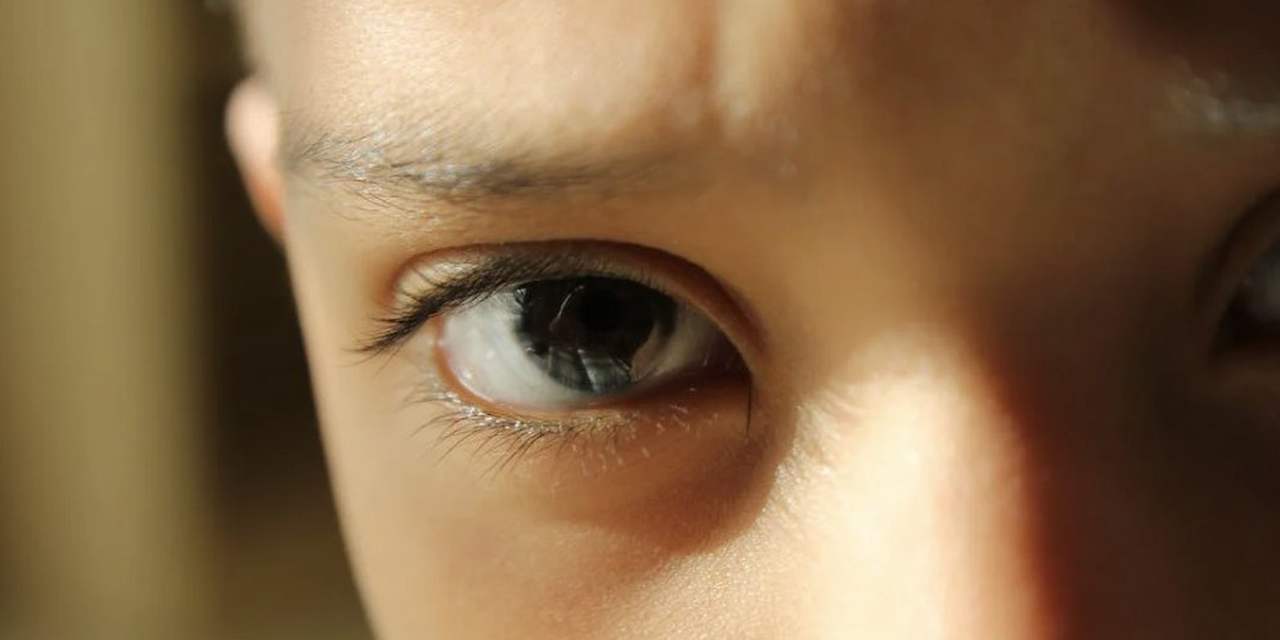On 20 November 2019, Adj. Prof. Tony Pietropiccolo AM presented a paper at the FRSA National Conference that focused on the issue of child poverty.
Australia’s discussion on child development rarely focuses on the issue of poverty. There is significant research evidence showing that poverty has a significant and lasting impact on children’s development and wellbeing.
A 2018 study found that there are 739,000 (17.3%) Australian children living below the poverty line. Over 200,000 of these children live in abject poverty. Poverty has a significant impact on the experience of children in their first 1,000 days and beyond. The experience of poverty has a devastating effect on their lives as it negatively impacts on their physical and mental wellbeing. It also negatively affects motor skill development, sense of security and educational outcomes. In view of this, there is very little policy direction and concerted effort in Australia to tackle child poverty.
This presentation will focus on child poverty in Australia. It will explore its prevalence as well as its impact on early childhood experiences and development including how parental stresses caused by poverty impacts on newborn and very young children. It will inform participants on strategies being adopted in New Zealand to combat child poverty and that nation’s commitment to creating a society where children can flourish.
The paper will raise the question as to Australia’s current response to child poverty. It will seek to engage listeners to better understand why Australia’s social policy and political commitment to eliminating child poverty is largely invisible. It will ask what is the vision for Australia’s children, especially those living in poor circumstance? How can we both morally and practically respond to such a question so that we can build a future without child poverty? If we believe that a firm commitment to the significant reduction and elimination of child poverty is not possible in Australia, then what are the cultural, political and social foundations of this incapacity? A positive response to this challenge will help create a positive future and open wonderful new horizons for Australia’s children.
Click here to read the paper.

